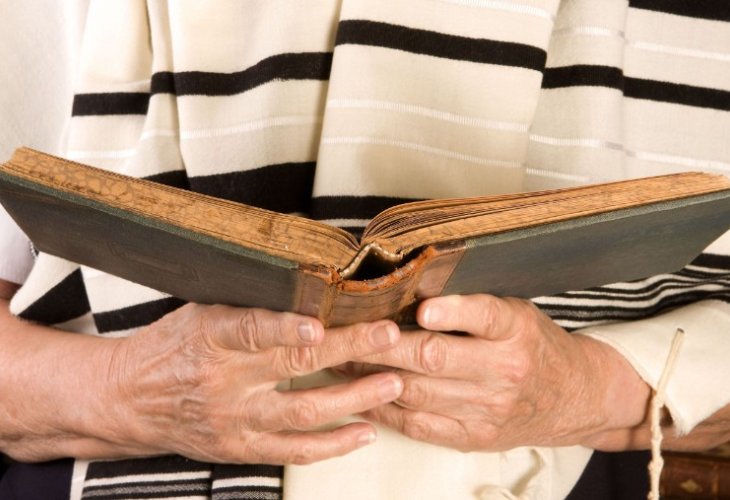As the season of teshuvah (repentance) approaches, we turn to timeless sources for inspiration and guidance. The Talmud and Midrash are filled with stories of individuals who turned their lives around, proving that sincere repentance can elevate even those who have strayed far. The following stories remind us that it is never too late to change and that teshuvah has the power to transform our lives.
The Glory of a Ba'al Teshuvah
King David is praised in Jewish tradition as the one who “established the path of teshuvah.” His repentance in the aftermath of his sin with Batsheva served as a model, teaching that no matter how low a person has fallen, they can always return to Hashem.
The Rambam writes in Hilchot Teshuvah:
“A person should not think that a ba'al teshuvah (one who repents) is distant from the level of the righteous because of the sins he has committed. It is not so. He is beloved and cherished by the Creator as if he had never sinned. Even more so, his reward is greater, for he tasted sin, distanced himself from it, and overcame his desires.
Our sages said: ‘In the place where ba'alei teshuvah stand, even the perfectly righteous cannot stand.’ Their level is higher, because they have conquered their inclination more.”
From Outlaw to Luminary: A Story of Radical Transformation
Reish Lakish
One of the most famous ba'alei teshuvah in the Talmud is Reish Lakish, who became a close student and colleague of Rabbi Yochanan. Reish Lakish began his life as the leader of a gang of bandits. Influenced by Rabbi Yochanan, who even offered him his sister in marriage, he returned to a life of Torah and became a revered scholar.
Moments Before Death: The Power of Final Teshuvah
Yosef Meshita
Yosef Meshita lived during the time of the Second Temple’s destruction. According to Bereishit Rabbah, when the Romans sought to plunder the Temple, they wanted a Jew to go in first. Yosef agreed and emerged with a golden menorah. When they saw what he had taken, they told him to return it and take something else, since that item was too precious.
Yosef refused and said, “Is it not enough that I angered my God once? Should I do it again?” They offered him vast riches, but he stood firm. As punishment, the enemies of Israel executed him cruelly. While dying, Yosef cried out, “Woe is me for having angered my Creator!”
Though he died a painful death, his refusal became a profound act of teshuvah and sanctification of Hashem’s Name.
Rabbi Elazar ben Dordaya
Rabbi Elazar ben Dordaya lived during the Second Temple era and was known for a life of extreme immorality. Once he heard it said that even if he repented, Heaven would not accept him due to the severity of his sins.
Shaken, he secluded himself among hills and valleys, crying out to the heavens, the earth, and the stars to pray on his behalf. Ultimately, he realized that only he could seek mercy for himself. He placed his head between his knees, wept bitterly in total remorse, and his soul left him.
A heavenly voice declared: “Rabbi Elazar ben Dordaya is destined for the World to Come.”
A Message for All Generations
These stories, preserved in the Talmud and Midrash, serve as eternal reminders that teshuvah is always possible, even in the final moments of life. A person can transform their destiny in a single instant and tilt the scales from guilt to merit.
Not only is a ba'al teshuvah forgiven, but Hashem no longer recalls their sins at all. On the contrary, they are regarded as righteous, even more so than those who never sinned.
In every generation, the door remains open. These tales inspire us to believe not only in Hashem’s mercy, but also in the power we each hold to rewrite our story, no matter how it began.


